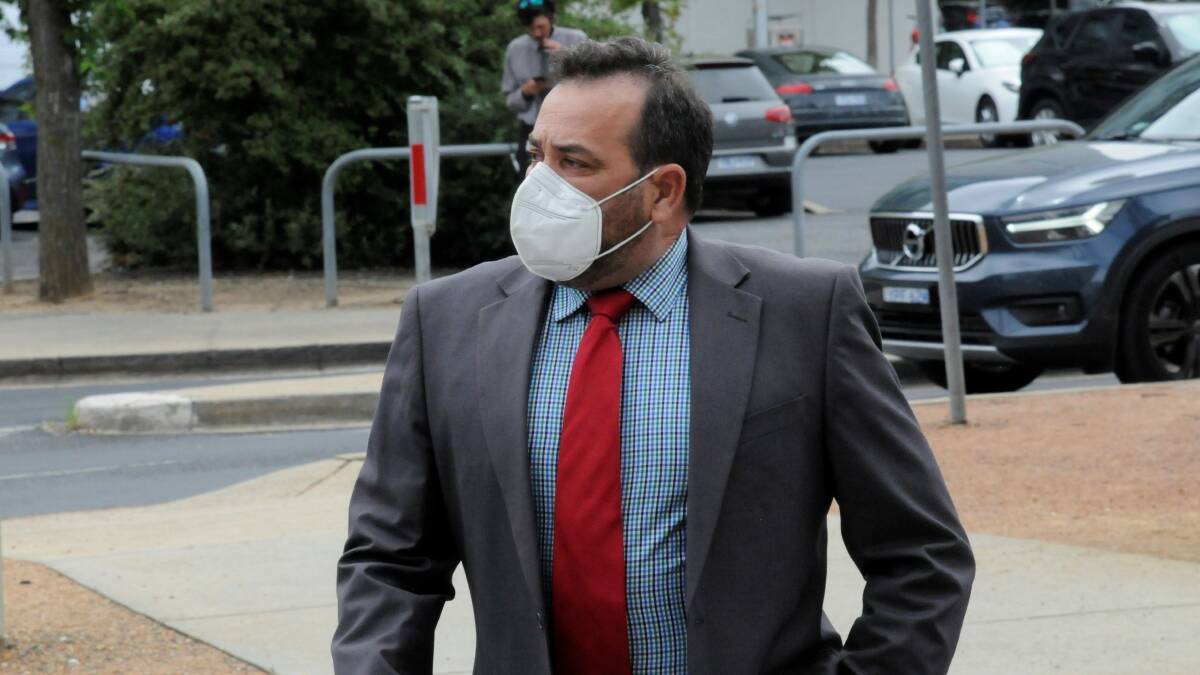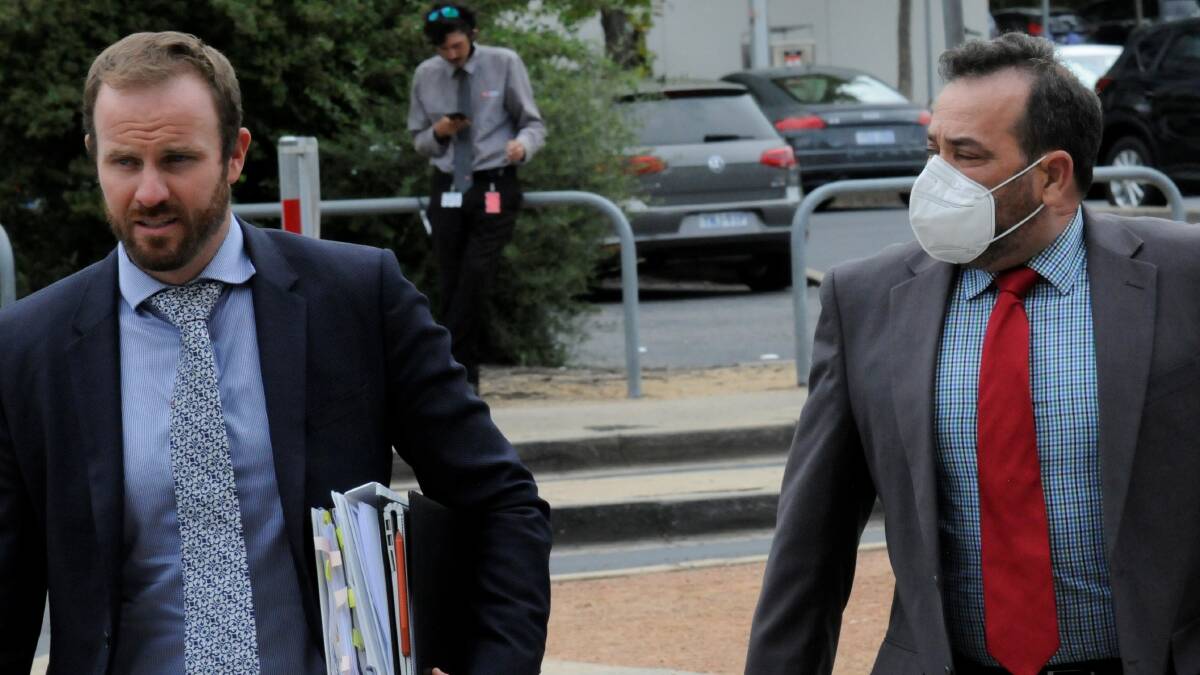
A former army major has narrowly avoided time behind bars after using a work-issued credit card for more than $44,000 worth of unauthorised spending on luxury hotel stays, an airfare for his partner and other personal expenses.
Tarek Elgayar, 47, was sentenced in the ACT Magistrates Court on Monday to a 10-month jail term, which was fully suspended upon him signing 18-month recognisance release orders.
Elgayar, a 28-year veteran of the Australian Defence Force, had previously pleaded guilty to charges of dishonestly causing a loss to the Commonwealth and using a false document.
The man, who lost his job as a result of his offending, admitted making 99 unauthorised transactions on a Commonwealth credit card between December 2017 and August 2018.
He caused a loss of $44,127.22 in various ways, which included withdrawing cash and using the card for personal expenses on public holidays, weekends and periods of recreation leave.
On one occasion, he even bought a plane ticket for his partner.
MORE COURT AND CRIME NEWS:
- Murder-accused behind bars after alleged victim leaves hospital, dies at home
- Judge 'improperly intervened' in shooting trial: bikie
- Glimpse into massive murder investigation as teen pleads not guilty
- AFP launches investigation into rapid test price gouging after ACCC referral
Elgayar also stayed in Hilton and Hyatt hotels on work trips when he knew they cost more than the Department of Defence would be willing to approve.
The unauthorised transactions were made at locations across the ACT, NSW, Queensland, Victoria and Western Australia.
Elgayar's offending was detected in September 2018, when Defence finance personnel undertook routine monitoring of credit card expenditure.
The 47-year-old initially denied any wrongdoing and told his supervisor, a lieutenant colonel, he had receipts and could justify his spending.
He then, in October 2018, produced nine false documents that were designed to make it appear some of his illegitimate transactions had been above board.
Elgayar placed these forms on the lieutenant colonel's desk, claiming he had signed them months earlier despite each page containing evidence it had only been printed that day.

On Monday, the court heard Elgayar had since repaid the Department of Defence $119,225.27 in connection with misuse of his Commonwealth credit card.
He was not charged, however, over $75,098.05 of that amount.
Elgayar's lawyer, Jacob Robertson, described the repayment as significant and an indicator of his client's remorse.
He noted expert evidence that Elgayar, who was deployed to Afghanistan and East Timor during his time in the army, had developed post-traumatic stress disorder and other mental health issues as a result of his service overseas.
The lawyer said Elgayar was "self-medicating with alcohol" at the time of his offending, when the man was also struggling with the breakdown of his marriage to the mother of his children.
Mr Robertson also tendered to the court a number of references, which he said proved Elgayar's crimes had been out of character.
The lawyer ultimately urged magistrate Glenn Theakston to suspend any period of imprisonment.
Federal prosecutor Cecilia Pascoe described Elgayar's offending as "sustained and deliberate", saying he had defrauded the Commonwealth of a substantial amount of money.
The crimes were a significant breach of the trust placed in Elgayar by his employer, Ms Pascoe told the court, arguing they were also aggravated by the attempted cover-up.
While she accepted mental health issues were at play, the prosecutor submitted they were not "a licence to commit crime".
Mr Theakston, who agreed with Ms Pascoe's description of the offending as "sustained and deliberate", suspended Elgayar's jail time.
He noted the 47-year-old's mental health challenges and said the sentence had been discounted in recognition of these and the offender's guilty pleas, which demonstrated remorse.
Elgayar's release conditions include him being subject to supervision for 12 months, and paying $200 in security for compliance with what are effectively good behaviour orders.







